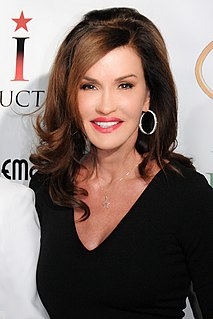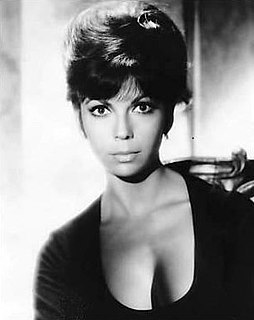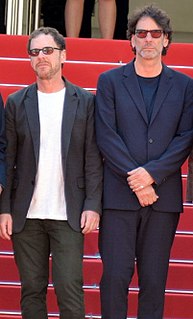A Quote by Olivia Williams
I thought "I've coped with some crazy situations, and I can do this." But working with Roman Polanski is so different from the fashionable and accepted way of directing now.
Related Quotes
Working with Roman Polanski is funny. It's like anything in life - someone warns you that something's going to be amazing or difficult or awful, and you say, "I can do that. I can cope with that." And then when you're in the middle of it, it may be joyful or tricky, but it's never difficult in the way you think it's going to be difficult.
Without any censorship, in the West fashionable trends of thought and ideas are carefully separated from those which are not fashionable; nothing is forbidden, but what is not fashionable will hardly ever find its way into periodicals or books or be heard in colleges. Legally your researchers are free, but they are conditioned by the fashion of the day.
Roman Polanski actually said as much to me once. He had his head in his hands, and I said, "Roman, I've got to tell you, as an actor, seeing the director with his head in his hands... Look, I really want to do what you want me to do." And he went away and he came back, having obviously thought about what I said. And he said, "When my head is in my hands, I'm closing my eyes and trying to remember what I saw in my head, before any of the stuff."
The phrase you usually hear after a cut is "That was great. Perhaps we could have another go. Maybe try it this way." Even that much direction is prefaced with a lot of praise and encouragement. It's quite like how you deal with toddlers: positive reinforcement, and then a little suggestion that you might want to try something different. Roman Polanski will stop the take and shout, "No, no, no!" Which is somewhat alarming the first time it happens.































